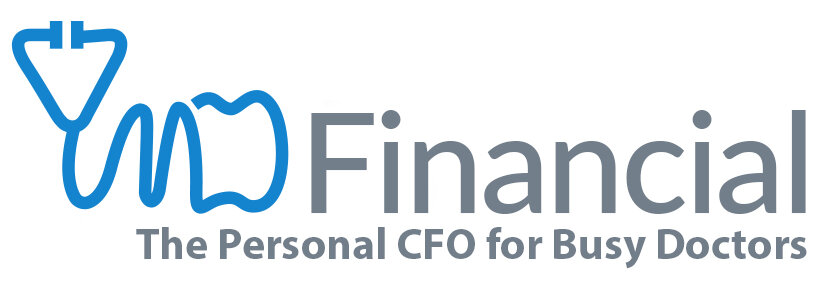Today, we will discuss the ins and outs of one of the largest purchases a person or family ever have to make: buying a home. Whether we are discussing location, price, or timing, it can be quite nerve-wracking. Katherine Vessenes joins Kristina McAteer to discuss what you need to know before buying a house.
It’s that time of year again, when residents and fellows are beginning to relocate. This can bring one major decision to mind: home purchase. When do you buy? How much do you buy? How do you approach one of the biggest financial purchases of many families’ lives?
Our recommendation: RENT! If you have never lived in the area before, rent for the first year because it allows you to learn the area and your desired neighborhood preferences. Renting also allows you a chance to recover your finances and build up your emergency fund. This also helps you in the unfortunate situation of moving from your first job, this way you can do so easily and are not tied to any real estate.
In general our rule of thumb is: Do NOT buy a house during residency or fellowship. Thankfully most training programs are not that long, usually a maximum of 5 years. Typically, in that span a house will not to able to break even, let alone be sold at a profit. Many say that a mortgage starts to be at 50/50 point of interest and mortgage equaling at year 15, which is when you start to build true equity.
“Throwing away money” on rental payments is an old type of thinking, so please remember that it costs money to live and rent/mortgage is a necessity. You have to spend money to be able to live, and many times when you run the numbers renting is cheaper than buying and paying all of the fees. Also, note that in a bad real estate market, town houses or condos are more difficult to sell vs. a single home. This is a trap that many of our clients have fallen into: buying a small property and having a hard time off-loading it when the time comes.
Despite all of this, the major problem with doctors that we see is buying too much house, too soon.
So, how much house can I afford?
The old rule of thumb is 2-3x your annual income assuming you have no student debt (i.e. if your income was $200,000 you could afford home of $400,000–600,000.) Unfortunately, as many of you doctors know, coming into a house purchase with no student debt is not always realistic. We recommend running a personalized budget with us, prior to purchasing, to know what kind of payment you could handle. The budget beforehand is crucial, as it is a reality check where we add in your student loans and other expenses that come with purchasing a house.
Owning a home has many associated costs and fees that aren’t included when you are renting. Below are just a few:
Association fees ($350-500 and much higher depending on location)
Home equity line of credits
Furniture and decorating
Maintenance and repairs
Home owner’s insurance
Household help – cleaning, lawn care, snow removal
Internet
Utilities – electricity, gas, garbage removal (500-600/month)
Property taxes (tax rates are public and published for each township)
A few more notes to remember:
If you have or are planning to have a family be sure to consider schools and educational goals of your children.
Remember that real-estate taxes and income taxes just keep coming up, even for those properties you buy to “just live in for a year or so.”
Takeaways:
Don’t get hung up on old ways of thinking. It’s okay to wait, as you don’t want to get STUCK with property that you can’t off-load.
The old rule of thumb: “2-3x your income” does NOT take into consideration your school loans, extra expenses of owning, or the rate of principal vs. interest. Let us run a budget for you to find the best priced home to still meet your financial goals.
CONTACT US
1-888-256-6855
Katherine Vessenes, JD, CFP®, is the founder and CEO of MD Financial Advisors who serve 500 doctors from Hawaii to Cape Cod. An award-winning Financial Advisor, Attorney, Certified Financial Planner®, author and speaker, she is devoted to bringing ethical advice to physicians and dentists. She can be reached at Katherine@mdfinancialadvisors.com.
You can also check out the posting here, featured on Brown Emergency Medicine, or on iTunes.

![Doctors, Purchasing a New Home? [Podcast]](https://images.squarespace-cdn.com/content/v1/561feb4ee4b0de0eb30d6d3c/1594828307892-HRVP9ZGNM971MQRKFN56/wynand-van-poortvliet-_jmagbo2dnk-unsplash.jpg)